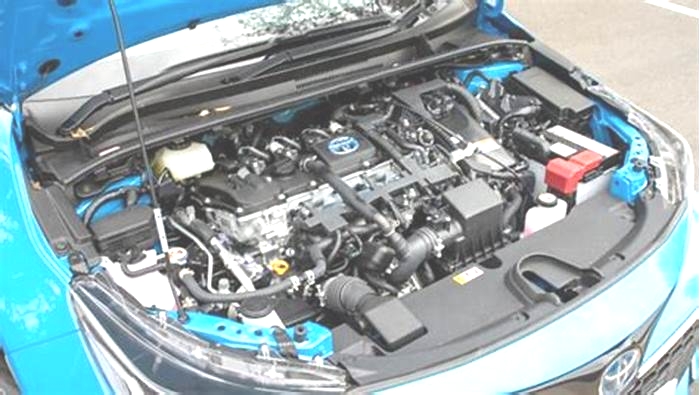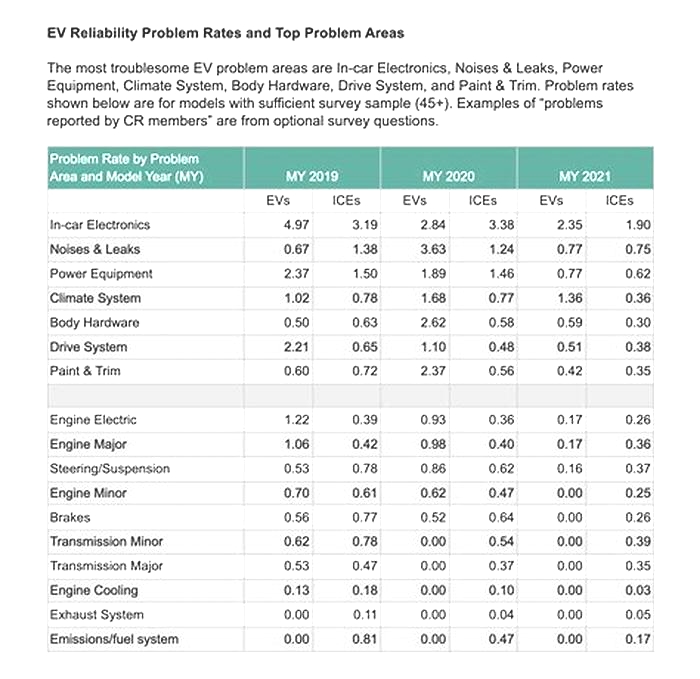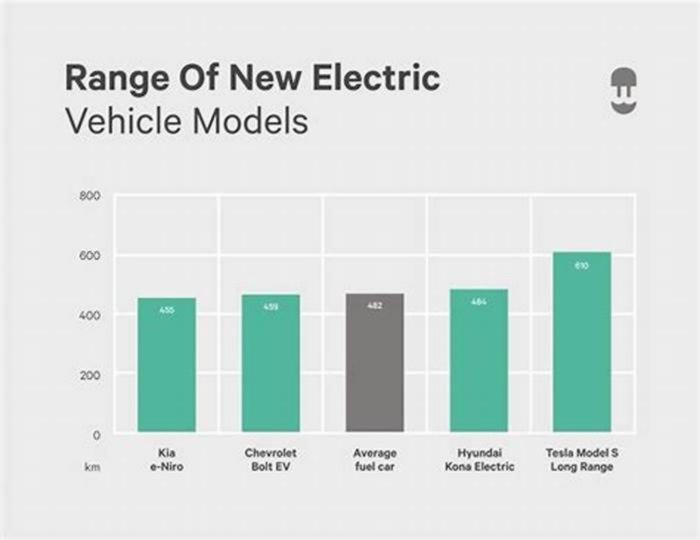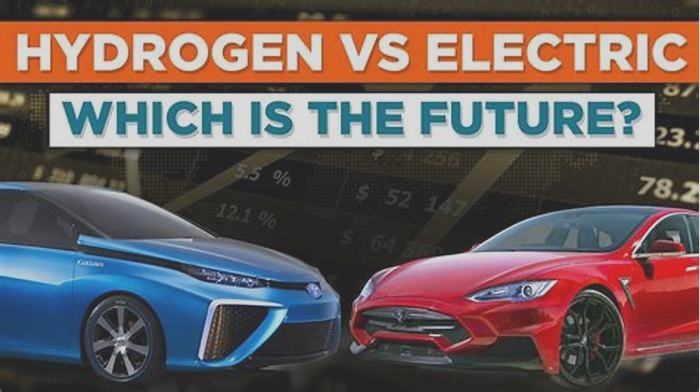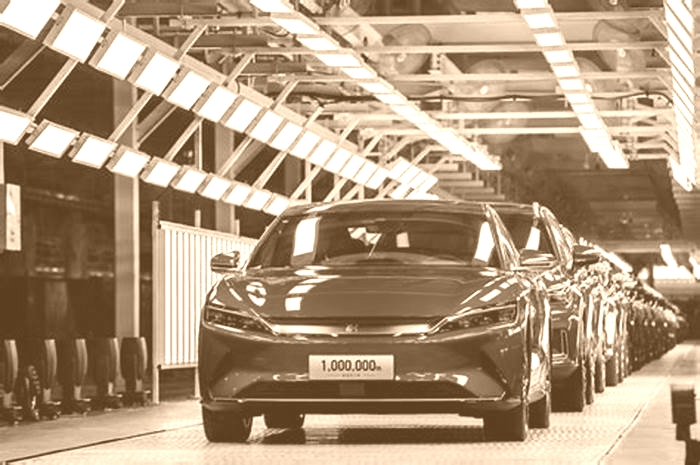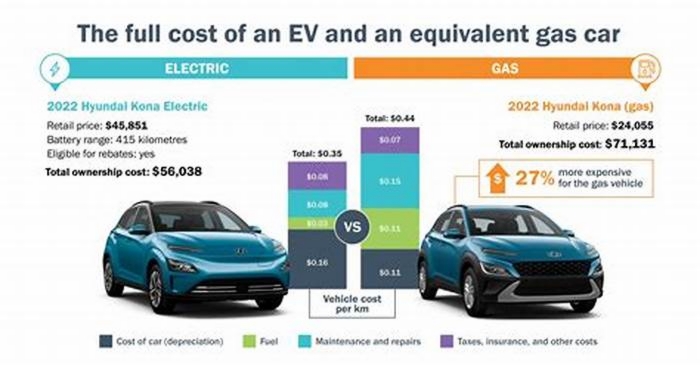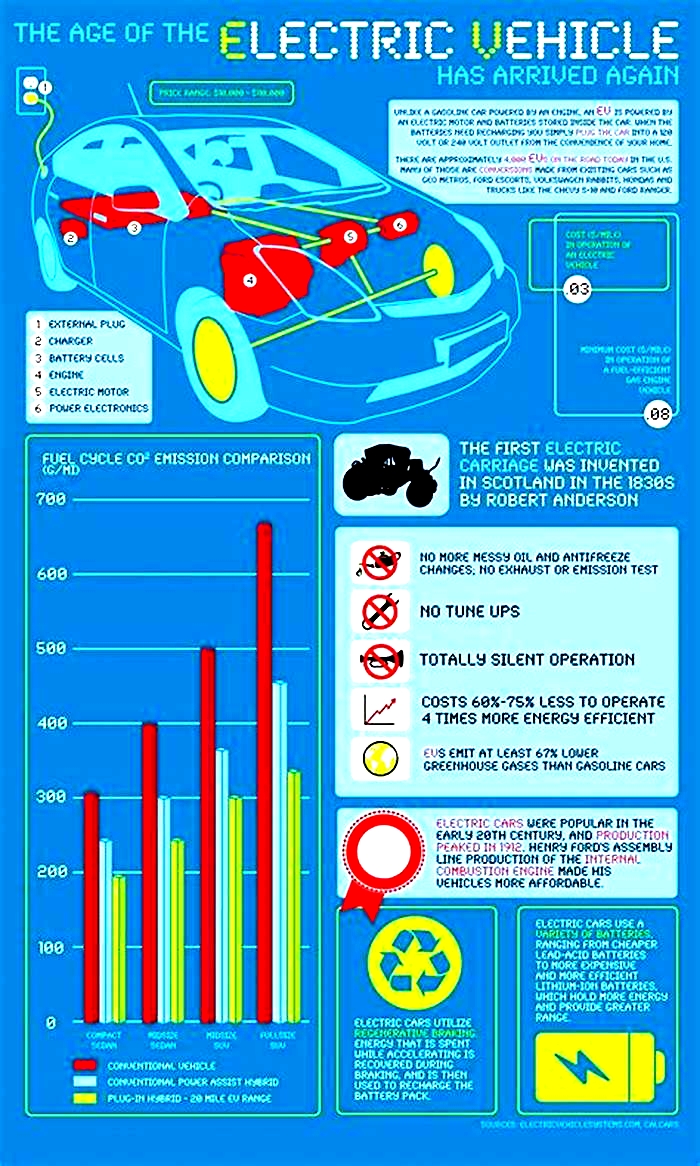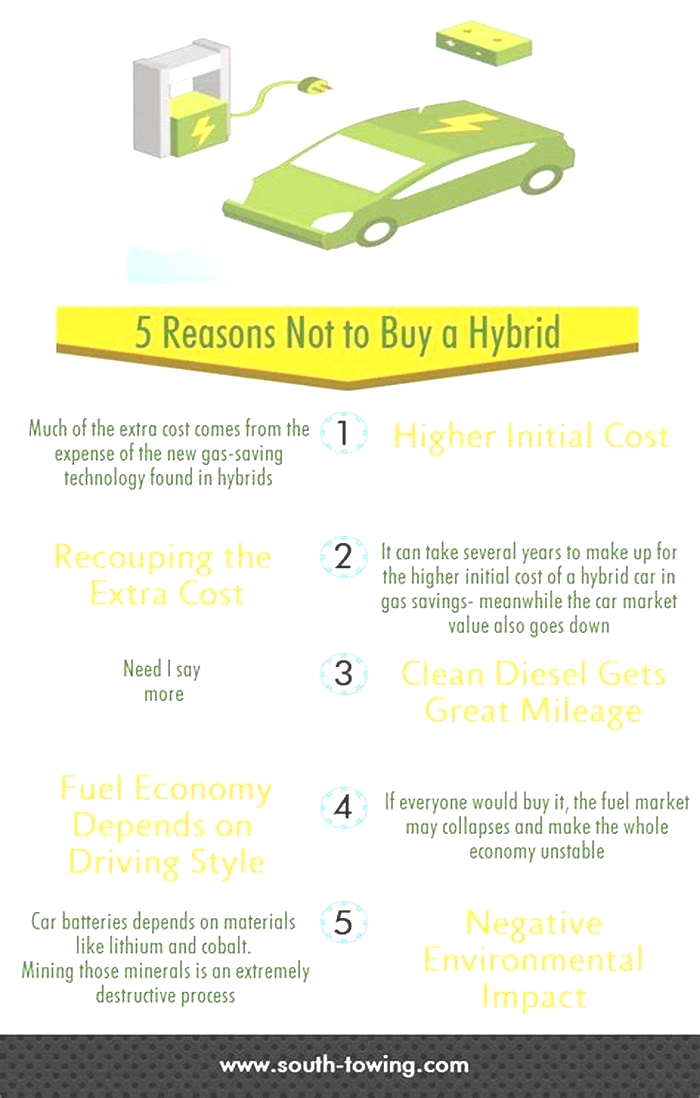How many electric cars have problems
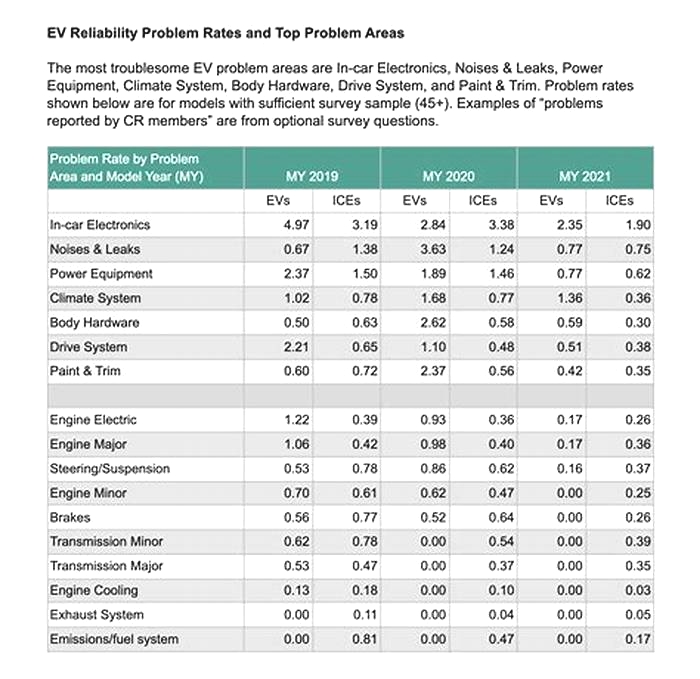
The most common problems with electric cars
As people become more concerned about the environment and climate change, electric cars are growing in popularity. There are now over 750,000 electric cars on the road in the UK [1].
Electric cars are far more eco-friendly than traditional vehicles, while still competing on performance and economy. But many people are still concerned about the drawbacks of electric cars, which may slow or stall a more widespread adoption of EVs.
In this article, well examine the downside of electric cars, including reliability and common issues.
Why are people against electric cars?
Electric cars have become far more popular in recent years, with sales up a staggering 40 per cent in 2022. Electric car myths continue to circulate, spreading misinformation about electric vehicles that may put drivers off. Plus, change is always hard-fought, so its understandable that theres still some resistance to switching to electric cars.
Many people cite unreliability as a key disadvantage of electric cars. So just how reliable are electric vehicles in comparison to non-EVs?
How reliable are electric cars?
Electric car owners have the highest owner satisfaction rating of all car owners. But despite this, drivers report significant reliability issues with their electric vehicles. A report published in 2022 concluded that electric SUVs were the least reliable cars on the road [2]. But despite this, drivers report significant reliability issues with their electric vehicles. Electric SUVs are currently ranked as the least reliable car type.
However, year-on-year data suggests that while there are still some reliability issues with electric cars, this is improving. The problem rate in most areas has fallen since 2019 [2]:
Do electric cars have more issues than non-EVs?
While many drivers report issues with their electric cars, in 2021, the overall problem rate was actually lower for EVs than ICE vehicles for the first time [2]:
Electric vehicles have fewer moving parts than non-EVs, so theyre already less vulnerable to mechanical issues than regular cars. And as electric vehicle technology advances, electric cars are likely to become more reliable.
In the meantime, lets take a look at some of the bad things about electric cars, and whether these problems should prevent you from buying an EV right now. By the way, we've covered the reasons why an EV may not charge.
5 common problems with electric cars
1. Battery degradation over time
One key disadvantage of electric cars is the battery life. Like all batteries, the capacity decreases over time. Researchers suggest battery capacity decreases by approximately 2.3% every year.
Battery longevity is highly dependent on temperature. One study found that in Florida, where temperatures are high, batteries last for 5.2 years on average. In Alaskas cold climate, they could last up to 13.3 years.
But other evidence suggests that EV batteries are actually lasting much longer than originally thought. Industry experts believe that in many instances, the battery will actually outlast the car itself.
Check out our EV glossary guide if you find any of the terms unclear.
2. EV climate control can reduce range
Electric climate control systems have been shown to decrease the range of the vehicle if theyre inefficient.
This is a particular problem when the car starts at a low ambient temperature. So in winter, drivers are likely to see less efficiency in their car heating systems.
While the climate control systems in petrol and diesel cars are generally no more efficient, they have the benefit of vast amounts of waste heat to warm the cabin.
3. In-car electronics failure
From failing temperature sensors to faulty electric doors, many EV drivers have complained of problems with their in-car electronics. In May 2022, Tesla issued a recall due to a display screen fault affecting four car models. Theyve also recalled cars to tackle widespread automatic window problems.
Some of these issues are irritating, but wont compromise your ability to drive the car safely. However, other electronics such as temperature sensors are critical for ensuring your battery is operating within safe limits. So any electronic sensor issues must be flagged and fixed quickly.
Its worth noting that many of these issues are related to individual brands or models that happen to be electric. Theyre not really EV-specific problems as such.
4. Faulty seals lead to leakage
Anecdotal reports suggest that faulty seals are a problem for electric cars, particularly among Tesla drivers [12]. Faulty seals wont stop water from getting into the car, which can be hazardous when there are lots of electrical components to consider.
Poor sealing can also lead to excessive noise in the car, as well as draughts and air leakage another disadvantage of some electric car models. This can make the drive a lot less comfortable and enjoyable.
5. Electric cars catch fire or do they?
This one is a bit of a myth. Current data suggests that, despite rumours to the contrary, EVs are no more likely to catch fire than their petrol or diesel counterparts.
However, there is a bit of a caveat to that statement. Once alight, a lithium-ion battery can be extremely difficult to extinguish so much so that some manufacturers have advised firefighters to let the car burnout in a controlled manner rather than attempt to put out the blaze.
The risks involved remain incredibly small, however. We dont believe this should be a factor in whether anyone chooses an EV.
The most reliable EVs
While there are still some technical teething problems for EVs, there are still many reliable electric cars on the road. Here are the most reliable electric cars in 2024:
| Nissan Leaf | 98.9% | Brakes, non-motor electrics |
| MG ZS EV | 95.5% | Battery, steering, bodywork, non-motor electrics |
| Volkswagen e-Golf | 94.7% | Infotainment system, non-motor electrics, motor electrics |
Drive an electric car on a subscription
If youre worried about EV reliability, its a good idea to try an electric car before you commit to buying one. Electric car subscriptions allow you to hire a car for as long as you like, so you can test out the functionality and alleviate any reliability concerns before you make a purchase.
HotCars
The increase in sales of electric vehicles is one of the primary goals in the fight against climate change. In 2019, greenhouse gas emissions from vehicles were the largest contributor of U.S. greenhouse emissions, accounting for roughly 29 percent of the total U.S. greenhouse gas emissions. Electric vehicle sales are expected to grow to 29.5% of all new car sales in 2030. By comparison, the expected growth in sales of electric vehicles in 2021 is 3.4%.
Updated November 2021: If you're considering buying an electric car, but you're not quite sure if they're right for you, you'll be pleased to know that we've updated this article with more common problems of EV ownership. It should be said that these problems may not apply to everyone, but they might help you make a better and more well-informed decision.
Electric vehicles are becoming more and more popular. And the forecast for 2040 is that they will take 57% of all passenger vehicle sales. Electric car sales grow every month, but there are some inconveniences for EV owners. The main problems include risks of fire, and that EVs are not safe. There is the case of too much high-tech wizardry, charger compatibility, vehicle costs, and financing of charging stations, just to name a few. Lets's take a look at all of them.
Risk Of Fire

EVs battery temperature operation range (15 to 45) is lower than ICE vehicles battery (-30 to 50). The EV battery components are easily flammable. Thats why the fire can start at any time, and we have seen this happen many times. Manufacturers tried to overcome this problem by separating the battery into smaller cells with firewalls to avoid thermal runaway from occurring. Other manufacturers try to produce batteries with less flammable components, which produce as few harmful chemicals as possible. There has been progress, but nothing that is 100% fail proof as yet. In the future, solid state batteries will help reduce this risk, though.
No Guaranteed Safety
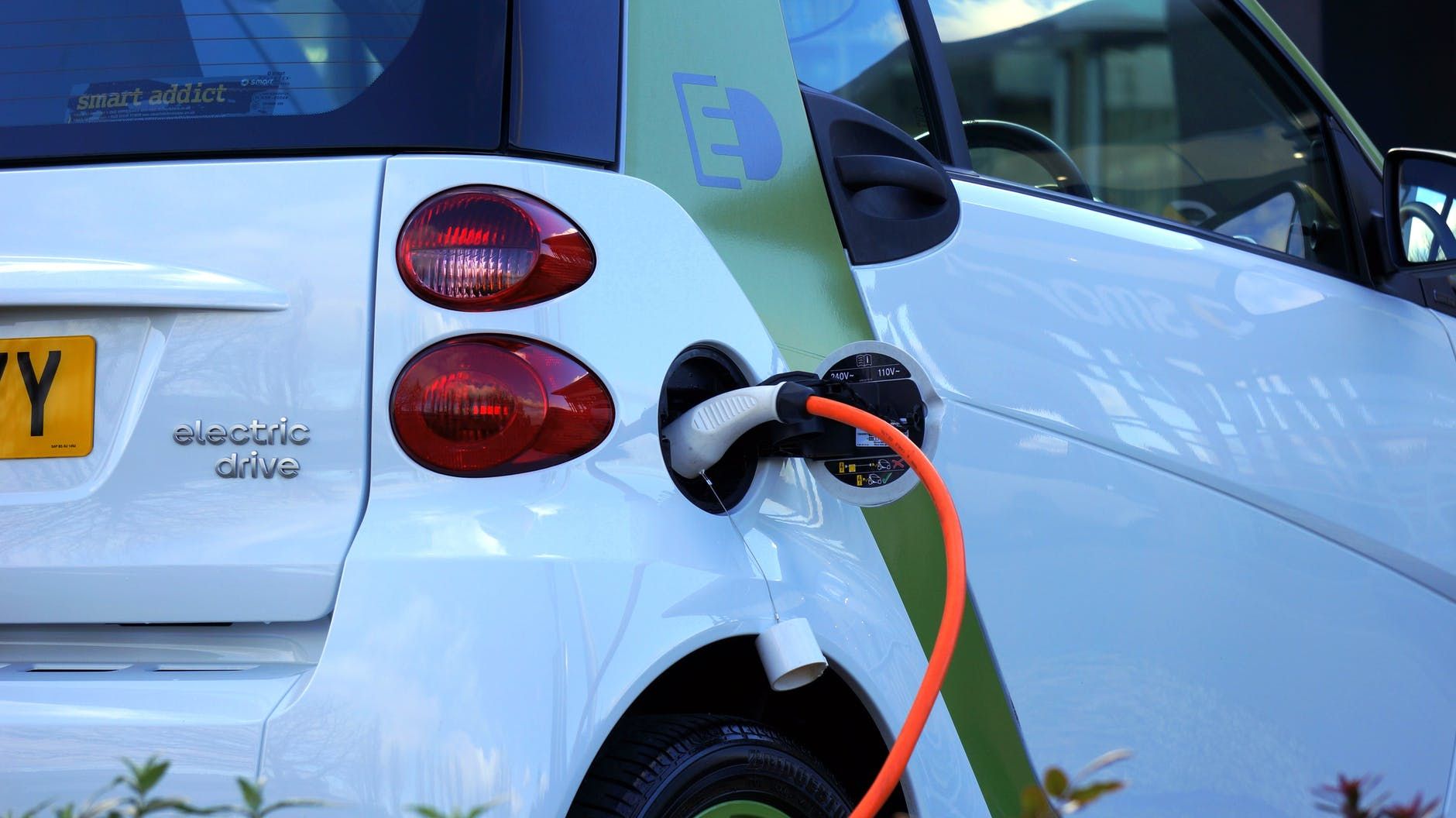
In contrast to the well-known opinion, EVs may be less safe than ICE vehicles. Actually, if it lights up, it is more dangerous in comparison with ICE vehicles. Its harder to put out the fire of EVs. When the battery is on fire, its absolutely inaccessible to fire suppressants like water. There is also a chance of re-ignition without sufficient cooling, which can lead to a long-lasting fire. So, the need for a big amount of fire suppressants and firefighting efforts makes a journey risky. You might even want to carry your own fire extinguisher.
RELATED: These Modified Electric Cars Look Shockingly Good
Too Much High-Tech Wizardry
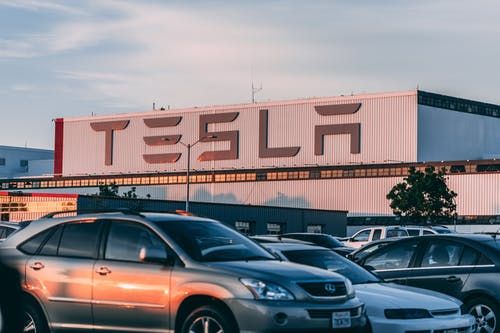
EVs are not the only cars that can be hacked, but they are more prone to such attacks. ICE cars have also become increasingly high-tech thanks to mobile FOB and hackers have also used these vulnerabilities. Hackers have more opportunities because EVs are increasingly high-tech. It becomes easier to hack them as more EVs are connected to the internet.
And this is not only about the data leak or stealing a car. It is also about a huge amount of metal that can be controlled remotely and leads to massive destruction causing deaths. And there was a great example with a Chinese company hacking a Tesla Model S in 2016 and turned out to be absolutely possible. This was one of Tesla's problems, and software updates have overcome it. But the "fights" between the hackers and manufacturers tell us that there will always be the risk of being hacked.
RELATED: 15 Electric Cars That Will Be Classics In 20 Years
Charger Compatibility

The development of the second-level charger was a relatively coordinated process, and all auto manufacturers besides Tesla used the same charge port model. Different automakers use three kinds of DC fast charges: most automakers use the SAE Combined Charging System, Nissan and Mitsubishi use CHAdeMO, and Tesla uses Tesla Supercharger. The absence of vehicle compatibility is different from universal vehicle access to gas stations and can be a huge barrier to widespread electric car realization.
The Range
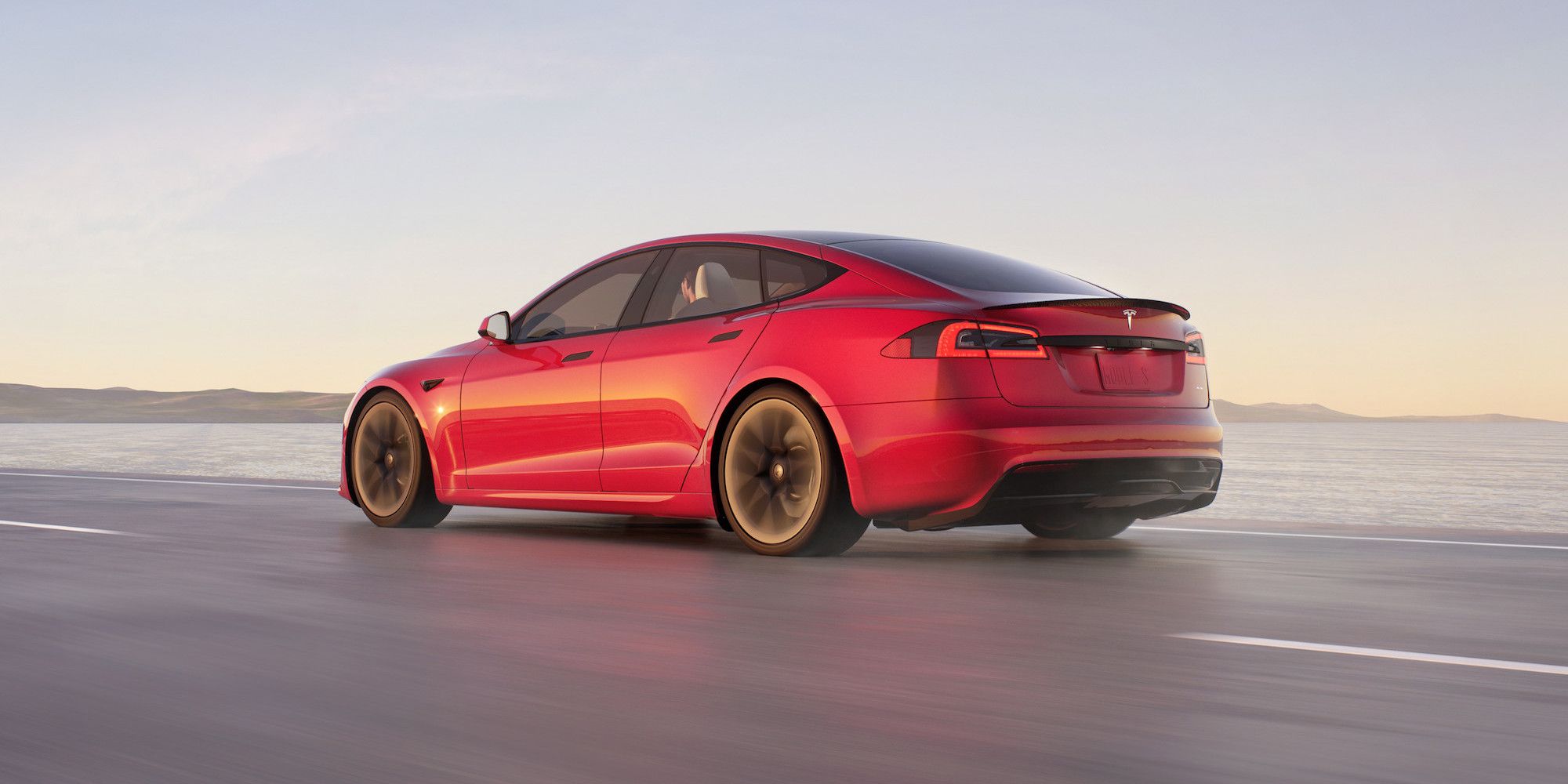
The range of most electric vehicle models currently on the market is a vast improvement over what EVs offered just a few years ago. However, EVs aren't the best vehicles for those who regularly cover long distances. In addition, in a study done by AAA, they found that vehicle range dropped by a massive 41% when the temperature went down to 20 degrees Fahrenheit and the heater was used.
Charging Time
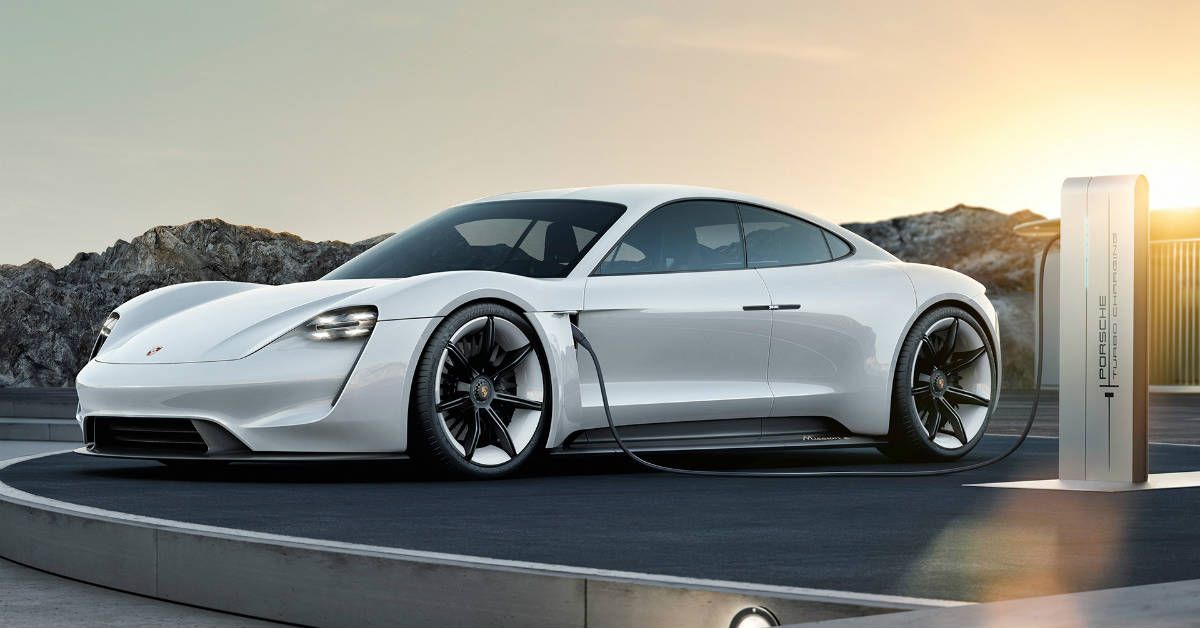
The lack of range is made worse by the charging times. In a fossil-fueled car, one can go to a gas station, fill up the tank and be back on the road in less than 5 minutes. That's certainly not the case in an EV. The time it takes to charge depends on the car's battery capacity as well as the speed of the charger. Those using a standard wall charger can face up to 8 hours of charging time on their Tesla Model S, whereas using a supercharger would drop that time to roughly 1 hour. There are many chargers that will take at least 2 hours to fully charge a discharged battery. That's a lot longer than the 5 minutes it takes the fossil-fueled car.
It should be noted that many shopping centers and public parking lots do have EV chargers, so it might be possible to charge your car while shopping and running errands. Some companies also let employees charge their car at work, which is very convenient and time saving.
Overall Vehicle Costs
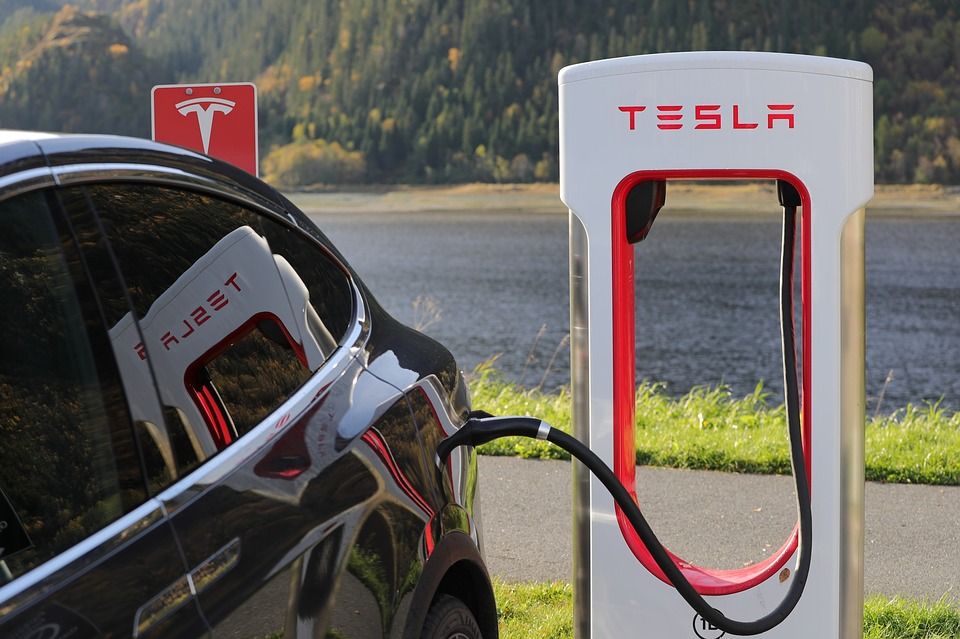
EVs basically cost more than their gasoline-fueled counterparts, generally due to expensive materials and processes which are used in battery production. These expenses have fallen down over the last decade, but the average price of a new EV is approximate $30,000-$40,000.
However, there is also a different side. EVs can save a lot of funds on fuel during a 15-year lifespan.
Due to a study by the U.S. Department of Energy's National Renewable Energy Laboratory (NREL) and the Idaho National Laboratory, in accordance with basic scenario assumptions about gas prices, electricity costs, and charging modes, EVs can save consumers approximately from $4,500 to $12,000 but that's in the long run.
Prices Of Charging Stations
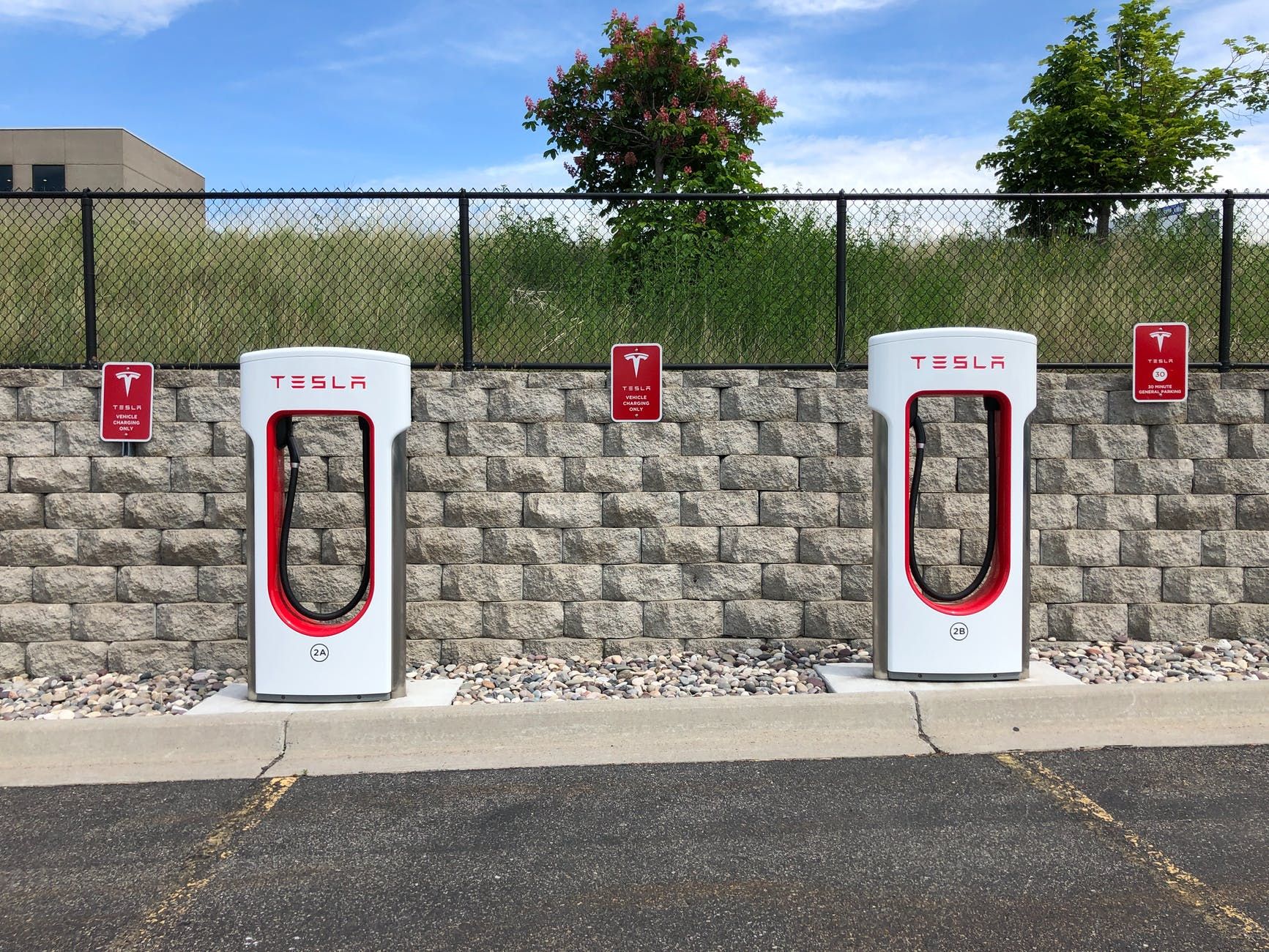
Charging stations for EVs need many funds for installing. Public charging station component costs can be different. It starts from $2,500 for a level two charger and can reach $35,800 for a DC fast charger. These price diapasons do not include installation costs and such called soft costs, like control for the permitting process, regulations, and interconnection with utilities. Such costs lead to the question of who should pay for the construction of these stations.
Nowadays, car and energy companies and business owners including the managers of parking stations, garages, shopping centers, and retailers seeking to attract EV users to pay for the building of charging stations. But then it's a whole different ball game when you want to install one in your house.
In conclusion, surely there are some obstacles that surround electric vehicles. But it must not make you avoid exploring what these kinds of vehicles have to offer either. All the facts point out that in the nearest future electric cars will dominate, so it's better to start getting the hang of them now.

